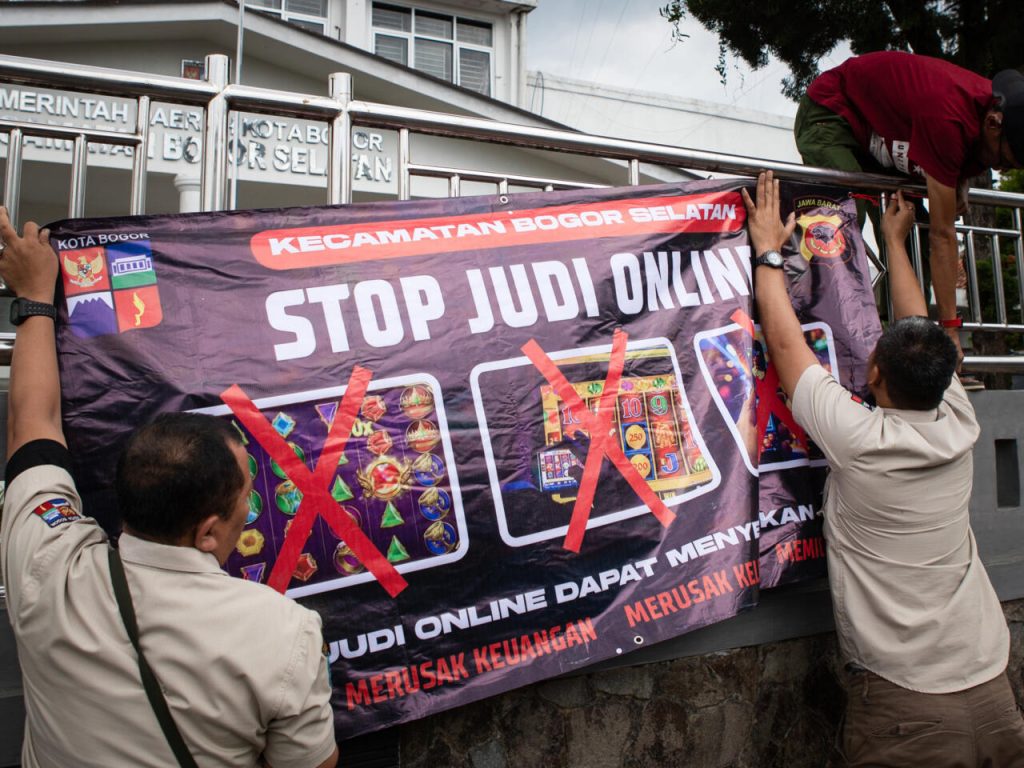Despite years of strict regulations, gaps in oversight are emerging. A surge of deceptive gambling ads is reaching Indonesian users through Meta platforms.

Even as authorities remove millions of illegal posts and warn platforms about compliance, Indonesia continues to battle rising gambling advertising. An AFP investigation found that gambling promoters are disguising paid ads as harmless content. These ads redirect users to offshore betting websites that operate outside national regulations.
The pattern quickly shows how operators adapt in a market where both online gambling and its promotion remain illegal.
Promotions appear as health tips or video game content yet link to betting sites.
AFP identified dozens of paid ads on Facebook, Instagram, as well as Threads that looked like promotions for fruit, wellness advice or casual games. They redirected users to gambling platforms promising cash rewards once clicked. Some ads carried titles like “Pomegranate: The Exotic Red Fruit Rich in Benefits” while connecting to betting pages that offered new users the chance to directly win.
Using numerous administrators and opaque ownership details, these ads usually came from accounts registered in places like Hanoi. The approach lets promoters to appear legitimate until users land on the actual gambling sites. Total restriction on online gambling in Indonesia has not slowed this strategy, and billions of dollars keep on moving by the sector yearly.
Reaching both adults and younger viewers, gambling ads are showing up in everyday feeds.
A 32-year-old gamer, Zee, said seeing these ads on Instagram felt unsettling.
She said that it has become really disturbing. The gamer suspects their target is people who like playing games, therefore children can also see such advertisements.
Moli, another user, said she reports the ads every time they appear, yet they keep on resurfacing by new accounts.
The recurring pattern suggests that ad detection systems struggle to identify disguised gambling content at scale. Meta removed nearly two dozen ads after users flagged them to the company. Yet, it did not respond to more questions about the issue.


